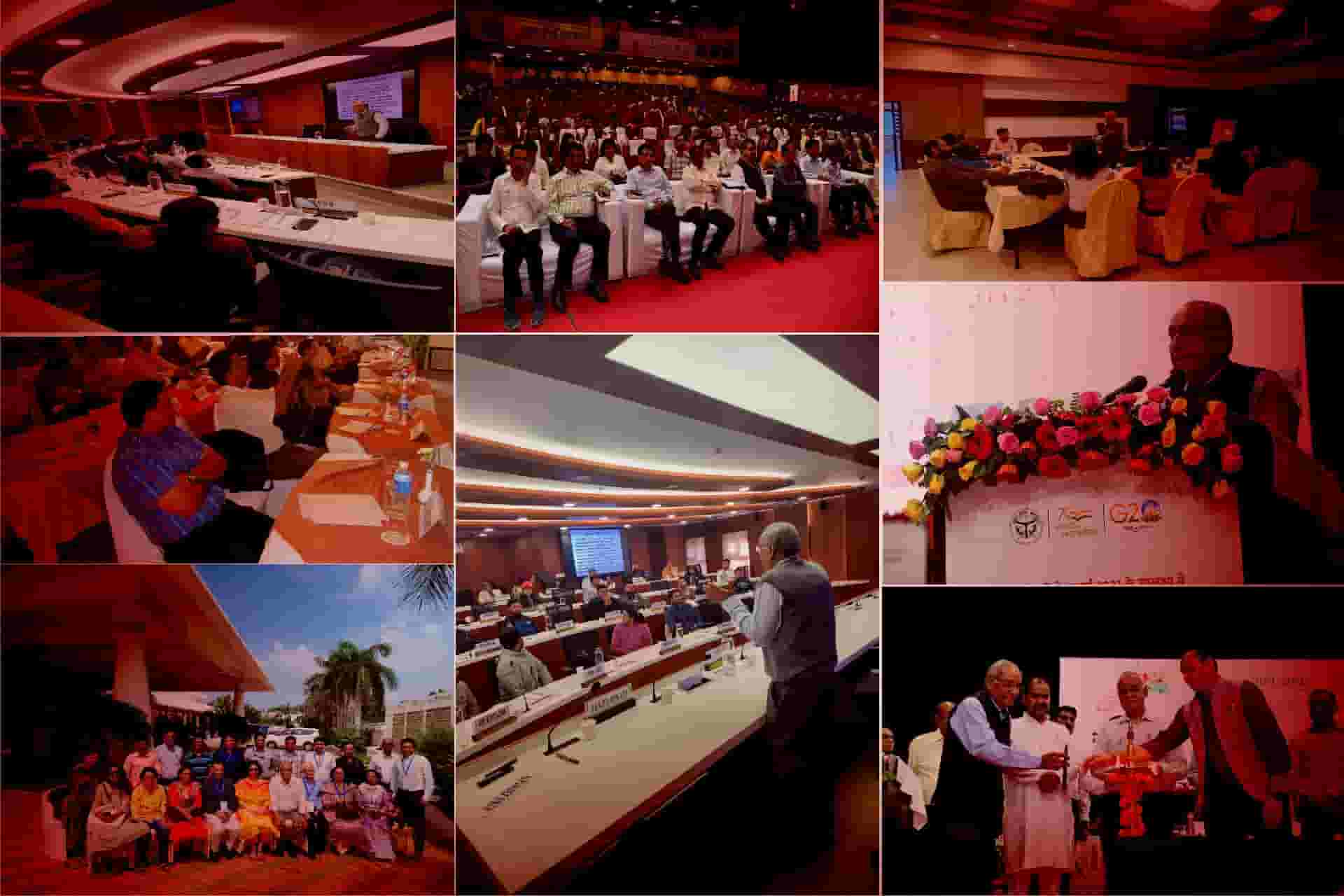
Benefits of Energy Management
- Cost Savings: Effective energy management strategies help organizations reduce energy consumption and lower utility bills, leading to significant cost savings over time. By optimizing energy use and implementing energy-efficient technologies and practices, organizations can improve their financial performance and competitiveness.
- Environmental Sustainability: Energy management contributes to environmental sustainability by reducing greenhouse gas emissions, mitigating climate change, and minimizing resource depletion. By using energy more efficiently and transitioning to renewable energy sources, organizations can decrease their environmental impact and contribute to a cleaner, healthier planet.
- Compliance and Regulatory Compliance: Energy management helps organizations comply with energy-related regulations, standards, and requirements imposed by governments, regulatory bodies, and industry associations. By adhering to energy efficiency standards and reporting requirements, organizations can avoid penalties, fines, and legal liabilities.
- Risk Mitigation: Energy management helps organizations mitigate risks associated with energy price volatility, supply chain disruptions, and energy-related emergencies. By diversifying energy sources, improving energy resilience, and implementing contingency plans, organizations can better withstand external shocks and uncertainties.
- Improved Reputation and Stakeholder Relations: Energy management initiatives demonstrate a commitment to environmental stewardship, corporate social responsibility, and sustainable business practices, enhancing an organization’s reputation and brand image. By engaging with stakeholders, customers, employees, and communities on energy-related issues, organizations can build trust and goodwill.
- Increased Operational Efficiency: Energy management improves operational efficiency by optimizing energy-intensive processes, equipment, and systems. By identifying and addressing energy inefficiencies, organizations can streamline operations, reduce downtime, and improve overall productivity and performance.
- Innovation and Competitive Advantage: Energy management fosters innovation and drives the adoption of energy-efficient technologies, practices, and business models. By investing in research and development, and staying ahead of energy trends and emerging technologies, organizations can gain a competitive advantage in the marketplace.
- Employee Engagement and Morale: Energy management engages employees in sustainability initiatives, promotes a culture of conservation, and enhances employee morale and job satisfaction. By empowering employees to contribute ideas, implement energy-saving measures, and participate in energy-saving campaigns, organizations can create a more inclusive and environmentally-conscious workplace.
What is energy management?
Energy management refers to the process of planning, controlling, and optimizing the use of energy resources within an organization or facility to achieve specific goals, such as reducing energy consumption, improving efficiency, lowering costs, and minimizing environmental impact. Energy management involves a systematic approach to identifying opportunities for energy savings, implementing energy-saving measures, monitoring energy usage, and continuously improving energy performance over time.
Key components of energy management include:
- Energy Assessment: Conducting comprehensive energy assessments and audits to analyze current energy usage patterns, identify inefficiencies, and prioritize opportunities for improvement.
- Goal Setting: Establishing clear energy management goals, targets, and performance indicators aligned with organizational objectives, regulatory requirements, and industry best practices.
- Energy Planning: Developing and implementing energy management plans, strategies, and action plans to achieve energy efficiency, conservation, and sustainability goals. This may include measures such as upgrading equipment, optimizing processes, and investing in renewable energy technologies.
- Measurement and Monitoring: Installing energy metering and monitoring systems to track energy consumption, identify deviations from expected performance, and assess the effectiveness of energy-saving initiatives.
- Energy Efficiency Improvements: Implementing energy-saving measures and best practices to reduce energy waste, improve equipment and system efficiency, and optimize energy use across all areas of operation.
- Behavioral Change: Engaging employees, stakeholders, and occupants in energy conservation efforts through awareness campaigns, training programs, and incentive schemes to encourage sustainable behaviors and practices.
- Technology Adoption: Leveraging advanced technologies, automation, and smart energy management systems to optimize energy use, control energy demand, and maximize energy efficiency in buildings, facilities, and industrial processes.
- Performance Evaluation: Continuously evaluating energy performance, benchmarking against industry standards and peer organizations, and identifying areas for further improvement through periodic reviews and assessments.
- Regulatory Compliance: Ensuring compliance with energy-related regulations, standards, codes, and reporting requirements imposed by governments, regulatory agencies, and industry associations.
- Continuous Improvement: Establishing a culture of continuous improvement and innovation in energy management practices, processes, and technologies to drive ongoing optimization and sustainability.
Effective energy management enables organizations to reduce energy costs, enhance operational efficiency, mitigate risks, improve environmental performance, and enhance their reputation as responsible corporate citizens committed to sustainability and resource conservation. By adopting a holistic approach to energy management, organizations can achieve significant benefits and contribute to a more sustainable and resilient future.
Overall, energy management offers multifaceted benefits that extend beyond financial savings to encompass environmental, social, and strategic advantages, positioning organizations for long-term success and resilience in a rapidly changing energy landscape.



























